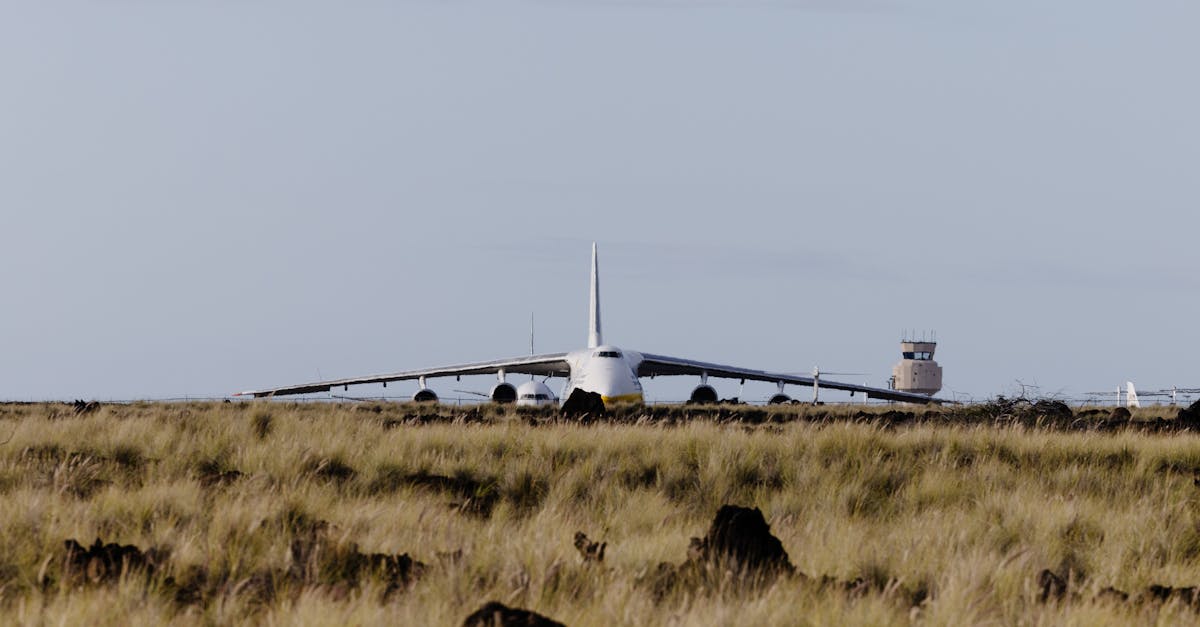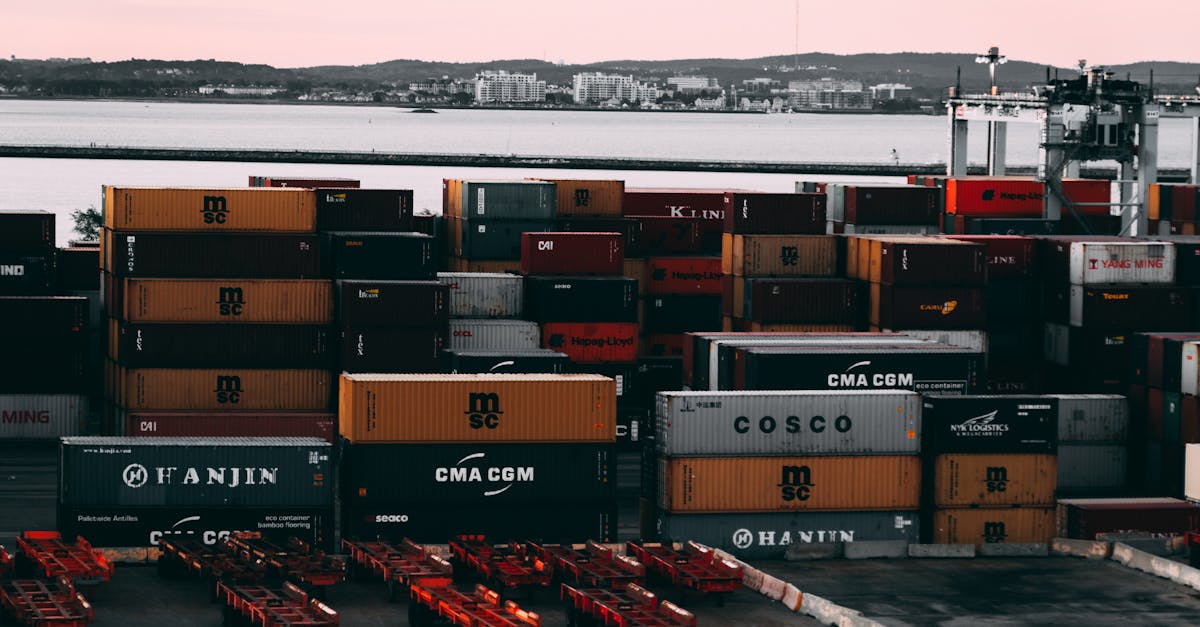The Honolulu Authority for Rapid Transportation (HART) is contributing $500,000 towards a $1.17 million settlement related to a 2017 car crash near Waipahu that resulted in the deaths of three individuals. The lawsuit claimed the single-vehicle collision was caused by a concrete pillar, part of the Honolulu rail system, that was allegedly wrongly placed. This settlement adds another layer of financial complexity to the already over-budget rail project, raising concerns among Hawaii's business community.
The Honolulu Star-Advertiser reported in April 2025 that HART was already working on a settlement in a $324 million suit with Hitachi. This reflects a trend of financial strain on the project stemming from legal challenges and construction-related issues. The rail project, initially estimated at a much lower cost, has ballooned into a multi-billion dollar undertaking, placing a significant burden on taxpayers and potentially affecting other state infrastructure initiatives. These developments have far-reaching implications for construction companies, investors, and local businesses involved with state contracts.
The legal complexities surrounding the rail project continue to mount. A Civil Beat article from 2019 highlighted the safety concerns related to the rail's infrastructure, specifically the placement of concrete columns. The initial and ongoing legal battles and settlements underscore the need for rigorous oversight and transparent management of large-scale infrastructure projects. These issues could increase the cost of doing business in Hawaii and may influence investor confidence in future development projects.
Furthermore, the financial challenges HART faces could impact the broader economy. With limited state funds, allocation of resources towards the rail project could divert investment from other essential areas, such as education, healthcare, and other critical infrastructure. Small business owners and entrepreneurs should monitor these developments closely, as they may impact future state contracts and overall economic stability.
The ongoing settlements and legal battles should prompt a reevaluation of project management procedures and the allocation of funds to ensure accountability and prevent further cost overruns. For future projects, the focus should be on stringent safety protocols and comprehensive risk assessments. Hawaii's business community must closely follow these developments, especially as they relate to the planning and execution of future infrastructure projects and the fiscal health of the state.



